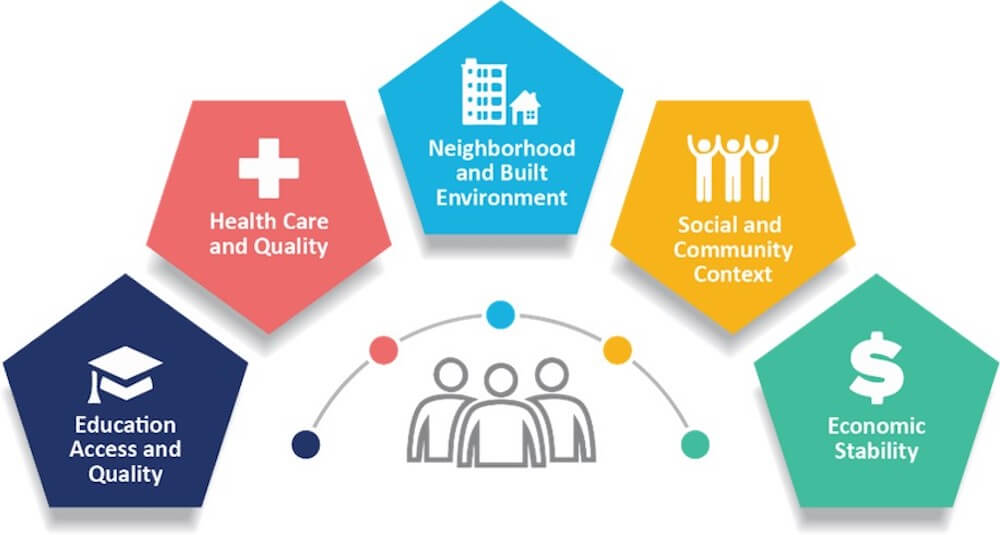NewsSep | 20 | 2023
Updates on nationwide REACH study
What is the “REACH-ICH” study?
Doctors are still working to understand why some stroke survivors develop another stroke, memory problems, and depression while others do not. However, doctors have established the importance of maintaining a healthy blood pressure (BP) following an intracerebral hemorrhage (ICH), a type of stroke or brain bleed. Keeping blood pressure in a healthy range can help to prevent the risk of recurrent stroke.
The goal of REACH-ICH is to explore how social determinants of health (SDOH) affect participation in a BP management program throughout ICH recovery. SDOH refer to the external forces that influence an individual’s health and quality-of-life. These factors can include, but are not limited to, socioeconomic status, access to education, as well as access to quality healthcare. This study will also investigate how SDOH impact risks of cognitive decline and recurrent stroke following ICH in several U.S. ethnic communities that have been historically underrepresented in medical research.
By including both biological data and social determinants of health, REACH-ICH is therefore designed to be the most comprehensive study of its kind in the history of stroke survivor recovery. It will not only be examining detailed biological data through genomics and neuroimaging but will also leverage the most inclusive assessment of social determinants of health to better understand the barriers to post-ICH BP management, therefore aiming to narrow health inequalities.

Latest on study:
This past spring marked the launch of patient recruitment at Massachusetts General Hospital and Brigham and Women’s Hospital. Thus far, 10 MGB patients have joined the study. Given that a major goal of REACH-ICH is to champion the inclusion of communities that have been historically underrepresented in medical research, we opt for a personalized approach to patient recruitment rather than a one-size-fits all method. By listening to community advisory boards (CABs) at fellow REACH-ICH sites across the U.S., as well as through engaging with the patient community at MGH, this is how researchers have modified their approach:
- Expanded our understanding of the factors that may drive a patient to decline participation in a research study, especially reasons specific to marginalized communities.
- Prioritized the need to approach patients in a culturally concordant manner, while also supplying culturally sensitive educational materials.
- Worked to become better at anticipating common questions patients may pose about study enrollment and participation.
- Listened to patients to gain a deeper understanding of the integral role of personal support systems in care decisions.
- Prioritized the need for integrated study support between the clinical care team and the research study team.
Goals for the future of REACH-ICH
Under the direction of Harvard Faculty member Dr. Nirupama Yechoor, the REACH-ICH team will be launching a study-wide community advisory board to run in conjunction with study. The CAB will continue to foster community engagement, and gain patient and caregiver perspective on the study. The community advisory board will include both English and Spanish speaking participants from all the REACH-ICH recruiting sites, including Mass General, Brigham and Women’s Hospital, Yale University, University of Maryland, Los Angeles General Hospital, Rancho Research Institute, The Queen's Medical Center of Hawaii, and University of Texas Houston.
Interested in learning more?
If you would like to receive more information about the REACH-ICH study, please do not hesitate to contact the REACH-ICH Study team at REACHICH@massgeneralbrigham.org.
